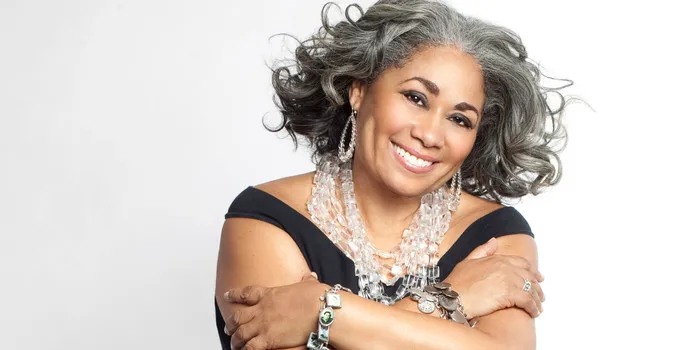Although Black History Month has been in existence since 1979, it was not until the 2000s that the event was officially backed by a presidential decree. Since then, it has become an essential part of our nation and a treasured cultural heritage.
After visiting Nashville in the 1970s, hit-making Philadelphia soul producer Kenny Gamble was motivated by the Country Music Association (CMA), an influential group that promoted Country Music Month each October to highlight the genre’s economic power.
Become an insider. Subscribe to our newsletter for more top trending stories like this!
Gamble founded the Black Music Association in 1978 after working behind the scenes for several years. He quickly gathered a network of influential backers, including Stevie Wonder, Berry Gordy, the founder of Motown Records, and Rev. Jesse Jackson.
Black Music Month was co-founded by Gamble, renowned journalist and TV producer Dyana Williams, and radio DJ Ed Wright in less than a year. They wanted to cultivate a global culture that showed the importance of African-American music.
The founders then lobbied the White House to designate June as Black Music Appreciation Month. They thought that the legacy of African American music deserved its own month.
People Also Read: Remembering Tina Turner: Celebrating The Iconic Queen of Rock ‘n’ Roll

In 1979, President Jimmy Carter decreed an executive order to make June National Black Music Month. But when President Carter didn’t sign a special presidential proclamation, that made June the official black music month.
President Carter kicked off Black Music Month at the White House in 1979.
This, unfortunately, affected the Black Music Month celebrations in the years that followed– Dyana Williams attempted to hold a Black Music Month event at the White House in 1998 during President Bill Clinton’s term. But she was soon informed that an event wouldn’t be possible due to the lack of an official presidential proclamation.
Williams, therefore, went to work lobbying for legislation with the help of Congressman Chaka Fattah. Two years later, June was officially declared Black Music Month.
In 2009, President Barack Obama officially renamed it African American Music Appreciation Month.
Why Celebrate African American Music?
African American music, according to the founders of Black History Month, played a significant role in influencing everything from the Civil Rights movement to the music we listen to today.
Become an insider. Subscribe to our newsletter for more top trending stories like this!
In addition, America gave birth to a variety of musical genres, including jazz, hip-hop, gospel, and rock ‘n’ roll, both of which had strong ties to the African American community.
African American performances gave people solace, hope, and a way to express difficult emotions when tragedies struck America throughout the 20th century.
To perform music and express their viewpoints, African Americans overcame hardship and segregation. As a result, their music played a significant role in the Civil Rights movement by influencing those in their immediate vicinity to focus on humanity rather than skin color.
People Also Read: Gone But Not Forgotten: Honoring the Legacy of 11 Iconic Black Music Legends
Is Black Music a Genre?
Black music is not categorized by genre, and one of the objectives of Black Music Month is to promote the diversity and legacy of Black artistic expression.
If a Black person plays, sings, or performs music, it’s going to be Black music. If a black person plays punk, rock, reggae, classical, rap, experimental, or avant-garde, that’s still Black music, says the Chicago composer and clarinetist Angel Bat Dawid.
In the past, Black Music Month has honored artistic achievement, but there has also been a strong economic connection. “Black Music Is Green,” the slogan it adopted in 1979, was a blatant flex that signaled to the world that black musicians accounted for a sizable portion of the American music industry.
Spotcovery offers unique and fresh daily content on Black culture, lifestyle, and experiences. We talk about everything black, black people, black-owned and black-owned businesses. We also deliver authentic and relevant content that will inform, inspire and empower you! The future of black media is a critical piece of the black experience of today! Our primary audience includes African American, African, Afro-Caribbean and people of African heritage. Black culture is for the culture!
Become an insider. Subscribe to our newsletter for more top trending stories like this!





